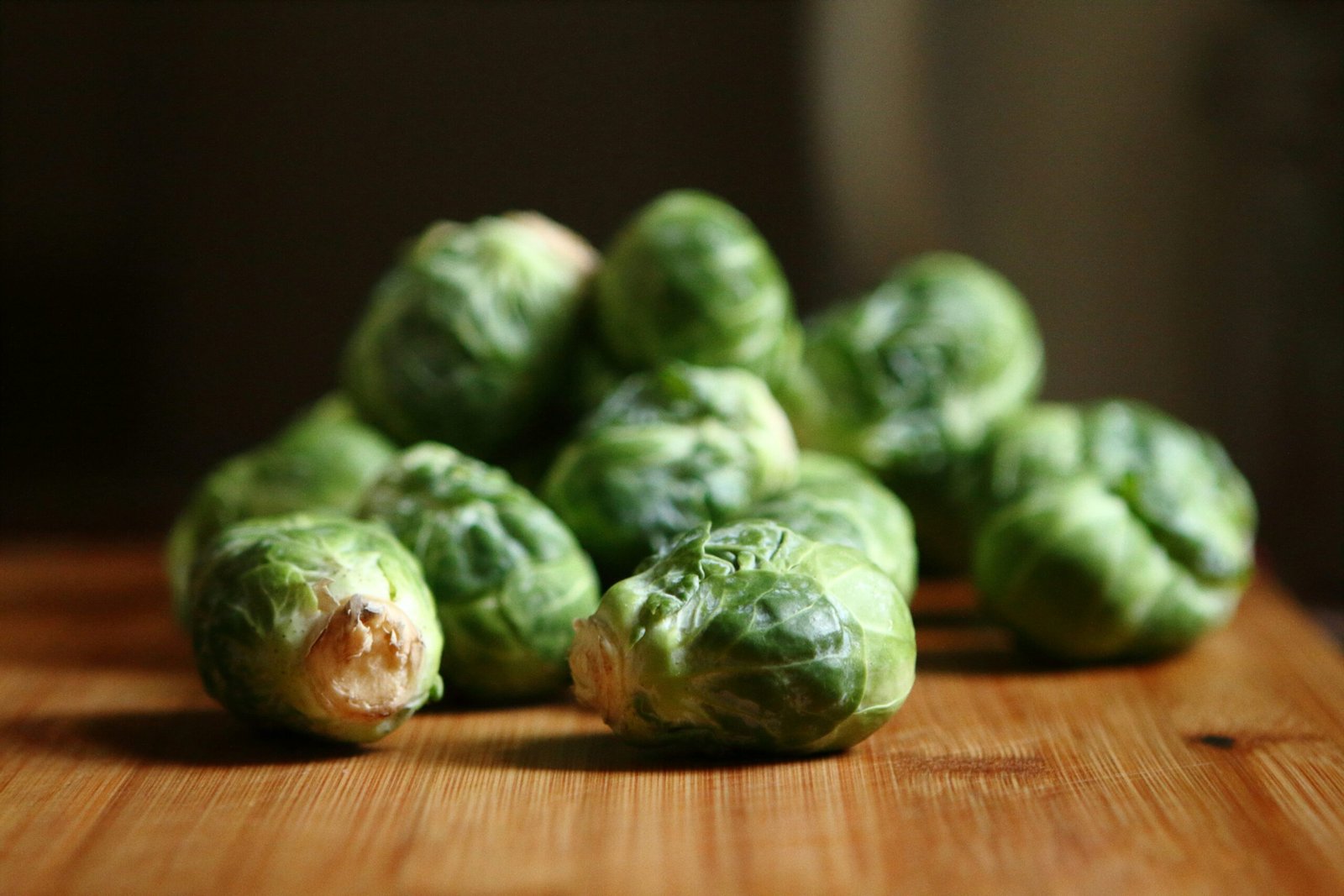The Nutritional Benefits of Brussels Sprouts
Brussels sprouts are often overlooked as a vegetable, but they are packed with essential vitamins and fiber that can contribute to a healthy diet. In addition to their nutritional value, there have been claims that Brussels sprouts can have an impact on sexual aspects. Let’s explore the benefits of Brussels sprouts and their potential effects.
Nutritional Value of Brussels Sprouts
Brussels sprouts are a member of the cruciferous vegetable family, which also includes broccoli, cabbage, and kale. They are low in calories but high in nutrients, making them an excellent addition to any balanced diet.
One of the key nutritional benefits of Brussels sprouts is their high vitamin content. They are particularly rich in vitamin C, vitamin K, and folate. Vitamin C is an essential antioxidant that helps protect the body against damage from harmful free radicals. Vitamin K plays a crucial role in blood clotting and bone health. Folate, on the other hand, is important for cell growth and development, making it particularly important for pregnant women.
In addition to vitamins, Brussels sprouts are also a great source of dietary fiber. Fiber is essential for maintaining a healthy digestive system and can help prevent constipation. It can also contribute to a feeling of fullness, which may aid in weight management.
Potential Impact on Sexual Aspects
While Brussels sprouts have many nutritional benefits, it is important to note that there is limited scientific evidence to support claims about their specific effects on sexual aspects. However, it is worth mentioning that a healthy diet overall can have a positive impact on sexual health.
Brussels sprouts, like other cruciferous vegetables, contain compounds called glucosinolates. These compounds have been studied for their potential anti-cancer properties and their ability to support overall health. Some research suggests that glucosinolates may help improve blood flow and circulation, which could indirectly contribute to sexual health.
Furthermore, the high vitamin C content in Brussels sprouts can support the production of collagen, a protein that is essential for the health of blood vessels. Healthy blood vessels are important for proper blood flow, including to the sexual organs.
Incorporating Brussels Sprouts into Your Diet
If you’re looking to add Brussels sprouts to your diet, there are many delicious ways to enjoy them. Here are a few ideas:
- Roasted: Toss Brussels sprouts in olive oil, sprinkle with salt and pepper, and roast them in the oven until they are tender and slightly crispy.
- Sautéed: Heat a little olive oil in a pan, add Brussels sprouts, and cook until they are lightly browned. You can also add garlic or other seasonings for extra flavor.
- Steamed: Steam Brussels sprouts until they are tender but still slightly firm. This method helps retain their nutrients.
- Added to salads: Shred or thinly slice Brussels sprouts and add them to your favorite salad for an extra crunch and nutritional boost.
Remember to experiment with different cooking methods and seasonings to find your favorite way to enjoy Brussels sprouts.
Conclusion
Brussels sprouts are a nutrient-dense vegetable that can provide many health benefits, including vitamins and fiber. While their specific impact on sexual aspects may be inconclusive, incorporating Brussels sprouts into a balanced diet can contribute to overall well-being. So why not give these little green gems a try and reap the nutritional rewards?

